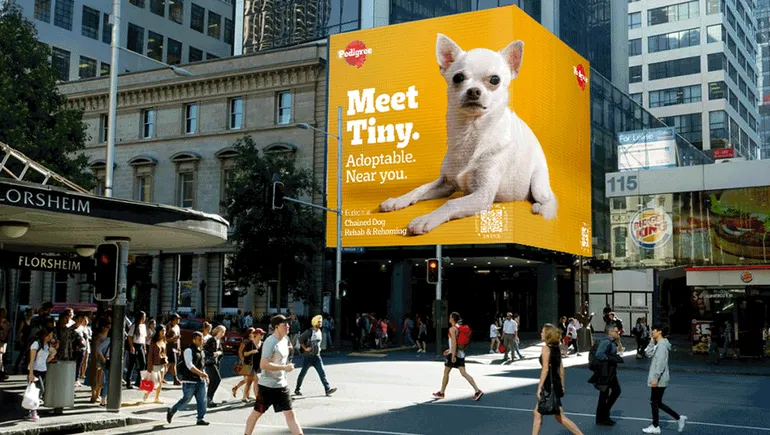
Microinfluencers outshine celebrities by capturing 40% of brands’ spend, study finds
Brief
Dive Brief:
- U.S. marketers are willing to spend up to $32,000 to work with a microinfluencer, or someone with less than 30,000 social media followers, on a campaign versus $39,000 to work with a celebrity influencer with more than 500,000 followers, according to the 2019 Influencer Marketing Global Survey by Rakuten Marketing.
- Celebrity influencers comprise 28% of annual influencer spend compared to 40% for microinfluencers. About three out of four brands think influencers are concerned about whether their posts drive sales for the brand, and 67% of marketers know when influencer campaigns drive sales. Nearly 40% of marketers would invest more in influencers if they could see an impact across a broader scope of the consumer purchasing journey.
- Consumers most often use Instagram to view influencer content, followed by Facebook, YouTube and Snapchat. Among consumers, 88% have been inspired to purchase based on what they saw from an influencer, 81% made purchase by clicking a link shared by an influencer, and 66% trust product recommendations as long as an influencer discloses their relationship with the brand. Thirty-eight percent of consumers would stop following an influencer if they post content that doesn’t align with their core values, personal opinions and ethics.
Dive Insight:
The Rakuten Marketing is the latest to emphasize that brands are looking beyond an influencer’s number of followers and focusing more on quality and the measurable results of an influencer campaign. Quality of followers was the top criteria for choosing which influencers to work with, followed by credibility and reputation and transparency, a study by the World Federations of Advertisers revealed.
As brands are investing more in influencer marketing, their focus is shifting to microinfluencers as a key strategy for engaging with younger consumers who spend more time on social platforms. Plus, 78% of millennials either don’t like celebrity endorsements or are indifferent to them, according to eMarketer. Microinfluencers or other non-celebrity influencers are seen as more engaging and trustworthy. While Rakuten Marketing found that brands see the most value in in microinfluencers, other research found that mid-level influencers outperformed both celebrities and microinfluencers in terms of engagement.
Consumers value the authenticity of influencers, and most report discovering new products thanks to an influencer and three-quarters have clicked a link shared by an influencer, according to Rakuten Marketing. An interesting finding of the report is that men are more likely to recommend an influencer in general, and 83% of men and 89% of women are inspired to make a purchase based on an influencer’s recommendation. But, consumers are holding brands and the influencers that they work with accountable, by expecting them to reveal the nature of their partnerships and demanding transparency.





